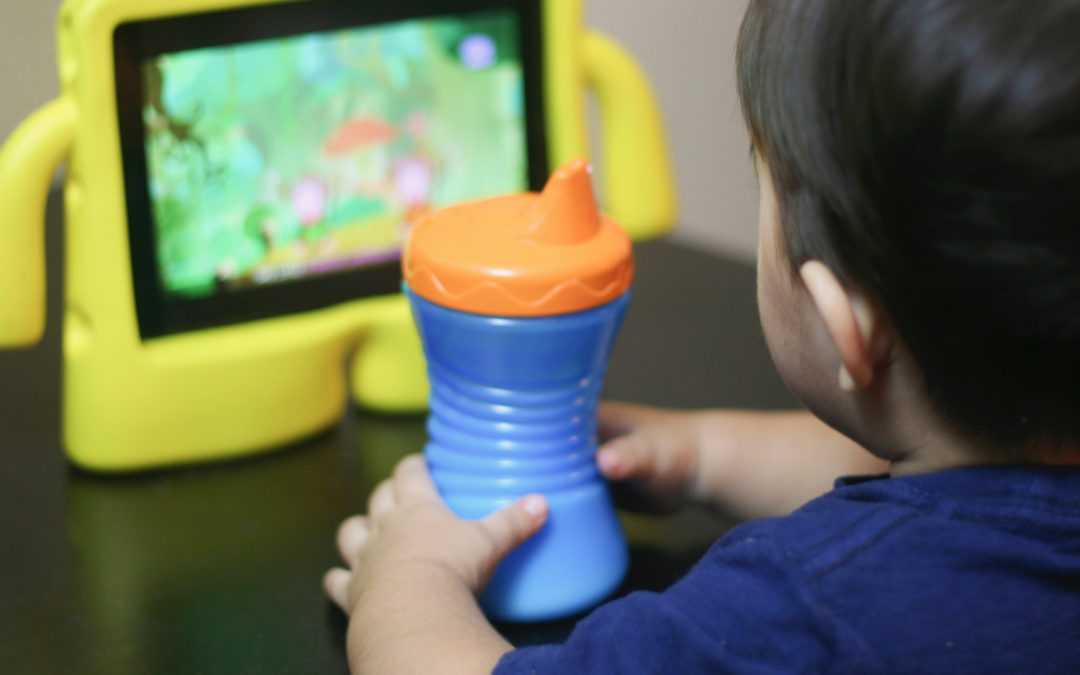
Unlike the generations before us, today’s kids are growing up immersed in advancing technology and digital media. This can produce both positive and negative effects on healthy development. Newfound research reported in the British Medical Journal has revealed the links between excessive screen time and impacted health outcomes. Here is a summary of the report demonstrating 5 Ways Screen Time is Affecting Your Child’s Health.
- Increased risk for obesity: Increased screen time is associated with increased rates of obesity. This is due to three factors: increased caloric intake, decreased physical activity, and an overall reduced resting metabolic rate (RMR). When children are engaging in screen time, they are less likely to attribute more time to play. This results in increased sedentary behaviors and, eventually, less calories expended.
- Increased caloric intake: As just mentioned, there is strong evidence that supports that increased screen time and caloric intake are linked. Children and adolescents are easily influenced to choose foods that they see advertised on television commercials. Unfortunately, more than 90% of the foods advertised on TV are higher in calories, salt, saturated fats, trans fats, and sugar.
- Increased development of anxiety and depressive symptoms: When an individual is using a digital screen, there are fewer opportunities for face-to-face interaction with others. Over time, this can result in difficulty in forming relationships, decreased emotional stability, and lower self-esteem.
- Increased development of behavioral issues: Several studies have shown that a positive association has been observed between screen time and behavioral problems. This is due to a “sensory overload” that children experience from excessive screen time. This depletes them of mental energy to process several occurrences at once, resulting in explosive behavior as a response.
- Decreased attention span: Advancing technology has fine-tuned its ability to provide instant entertainment at one’s fingertips. Due to the “sensory overload,” focus and attention span are reduced. This can translate into the classroom. Children with more than 2 hours of screen time daily, on average, have poorer academic performance and are more likely to develop Attention Deficit Hyperactivity Disorder (ADHD).
With this research, the American Academy of Pediatrics has released updated age-dependent recommendations and guidelines to maintain a healthy digital media diet, which include:
- For children less than 24 months, primarily video-chatting with minimal educational programs.
- For children ages 2 to 5, screen time should be limited to 1 hour per day.
Instead of screen time, do the following activities:
- Go outside. Walk the dog, bike around the neighborhood, or just play.
- Arts & Crafts. Play games. Color. Draw. Play with building blocks or magnets. Build a pillow fort and “camp” in the living room. Make a scrapbook. Get creative.
- Visit the library. Check out books. Read to your kids. Teach them the joys of imagination and exploration through the world of books.
Alexa Tiletile, Dietetic Intern

